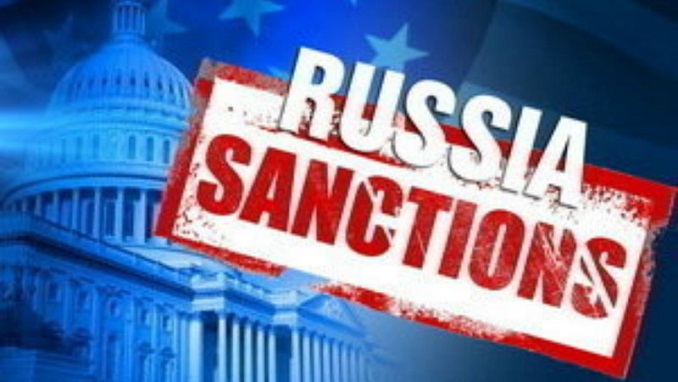Amendments to the law “On currency regulation and currency control” which effectively liberalize restrictions for international trade settlements, entered into force on Wednesday, TASS reported.
The law lifts restrictions on currency transactions by residents using accounts (deposits) opened with banks located outside Russia, and the repatriation of funds. The legislation removes the requirements for residents to repatriate export revenues in Russian currency regarding non-resource commodities and gradual removal of that requirement regarding the export of raw commodities starting January 1, 2020.
Meanwhile, the repatriation requirement has not been lifted on international trade agreements (contracts) concluded by residents and non-residents with the number of liabilities denominated in Russian currency, which may also stipulate payment in rubles, envisioning the transfer of goods related to timber and wood products by a resident to a non-resident.
The repatriation requirement regarding international trade agreements concluded between residents, who are participants in the budget process at the federal level, federal-state budget (autonomous) institutions, federal state unitary enterprises, and non-residents, has not been removed as well.
Elina Koskina, a Senior Lawyer at Deloitte Legal in the CIS, said the removal of the repatriation requirement would enable currency residents to terminate their obligations on such contracts using any permitted method, even by offsetting counterclaims, which is not possible under the majority of contracts now. “That amendment may particularly contribute to the expansion of the use of the Russian ruble in international trade settlements,” she explained.
According to Anton Rudnev, senior lawyer at KPMG Law Russia & CIS, by supporting the national currency, lawmakers virtually provided exporters with a reasonable commercial choice: either shift the risks of currency fluctuations to non-residents by obliging them to settle contracts in rubles or continue incurring the repatriation obligation if payments for the exports are made in foreign currency.
“It is necessary to keep in mind that apart from international trade contracts, liberalization did not affect loan agreements, which provide for lending to non-residents. Under such agreements, residents are obliged to ensure the repayment of money to their accounts in authorized banks irrespective of the currency stipulated by the contract or the currency, in which the respective settlements are made,” Rudnev said.
Moreover, the law confirms the right of residents to open accounts in foreign currency and rubles without restriction not only in banks but also in other financial market organizations located outside of Russia. Koskina believes that the regulation not so much expands the rights of residents as it increases the accounting burden of both individuals and legal entities.



